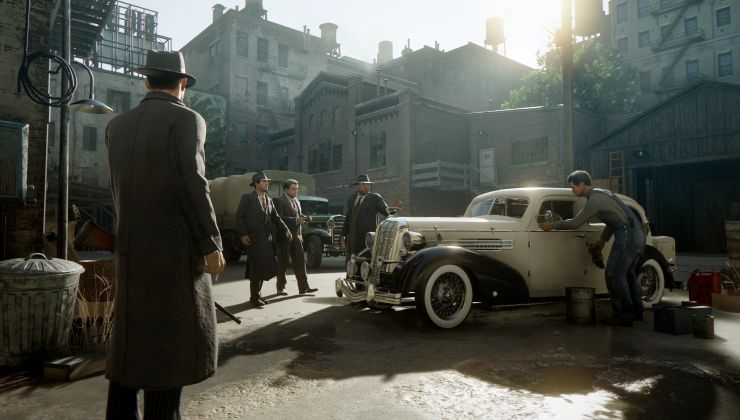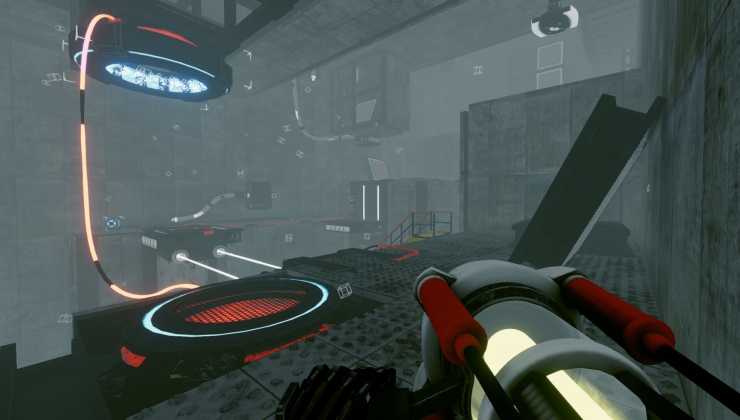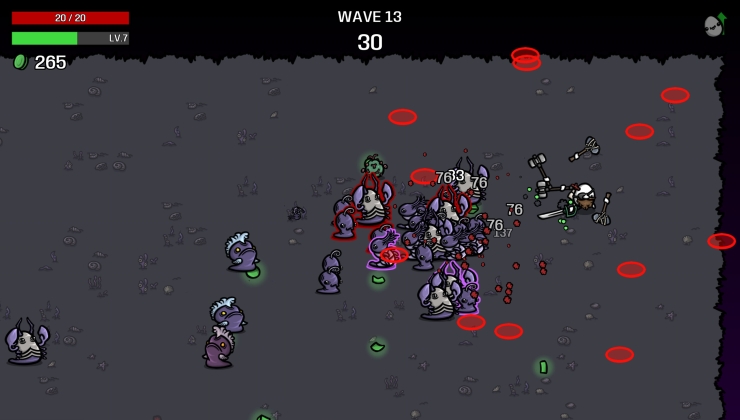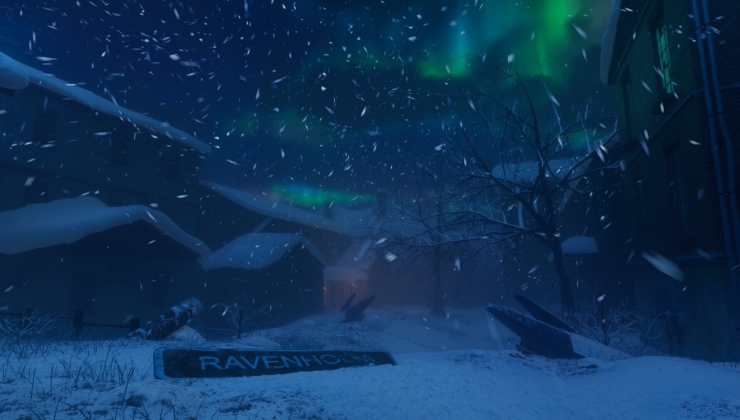
Now that Aspyr Media have ported Civilization VI [Steam] to Linux, it’s time to publish our interview! Grab a coffee and come learn some things.
I would like to start off by thanking Michael Blair for his time, as I know he's very busy!
Q&A with Aspyr Media
Q: It’s no secret that you guys were having some issues bringing Civilization VI to Linux, care to shed some light on it?
A: Every port is challenging, but for Civ VI specifically, we committed to not shipping something that couldn't meet our (and our partner's) standards. It simply took time to get the build to a state that we were comfortable showing to stakeholders and then green-lighting the project.
Q: How did you guys feel about the reception from Linux users when you guys broke the news that you guys were still evaluating the port? Did it help things, or make it worse?
A: Honestly, cookies matter ;). I know we all had a fun time with "cookiegate", but the outpouring of support seriously kicked the game into high gear. It was VERY clear to us how important a native Civ VI was to the Linux audience, and our resources internally responded. Our goal was always to do the project, so the gamers that were disappointed that we were still evaluating didn't bother us. I think there was some confusion as to what "evaluation" means. Its not like we were trying to decide whether it was worth it to do the project. We were head down working to prove we could meet our goals.
Q: Do you plan to officially support Mesa drivers with Civ VI in future?
A: Mesa 12.0.1 will mostly work at launch, but only on Ubuntu 16.10 or higher, and only on supported chipsets with OGL 4.3 support.
Q: Will the Linux port of Civ VI see cross platform multiplayer in an update?
A: Oh for sure! We plan to have both Mac and Linux in sync with Windows once the update schedule dies down a bit. For a game where multiplayer matches can last quite a while, we don't think its a good user experience to only have cross platform for a week or two in-between patches. Linux will go out able to play with their Mac friends however :)
Q: Were there any tools on Linux in particular you found helpful with the porting process?
A: Frankly the fact that we started with an OGL code base for our Mac version is the primary reason Civ VI Linux exists. I'm not saying we wouldn't have done the project without it (we could have obviously targeted Vulkan), but it certainly wouldn't be releasing this quickly.
Q: How do Aspyr Media feel about the state of Linux gaming right now? How have things changed since your earlier ports like Civilization V and Borderlands 2?
A: Its no secret Steam machines haven't taken off as well as the Linux community had hoped, but that doesn't prevent us from considering titles for the platform. It does however make us be more selective as to which titles we chose to port. That said, with better engine support for Linux, we are seeing a lot of exciting stuff coming to the platform from the indie scene. Layers of Fear is a great example of that, and you will continue to see more of those projects coming from Aspyr and its publishing partners.
Q: How have you found the reception to be from bigger publishers when you talk about Linux right now? Has it changed from when you ported Borderlands 2 in 2014?
A: I'd say they are almost always open to the conversation of a Linux version, but we rarely get approached for just the Linux version. I think the work we and Feral have done has placed a high level of confidence in the big publishers that the ports will be done right, and will not be a distraction from their brand focus. I see that as a big step forward for the platform.
Q: Do you plan to start using Vulkan in future? What are your thoughts on it?
A: Vulkan continues to be actively researched and tested in our pipeline. As to when we implement is really down to a project where its a good fit. Our Development team sees a lot of promise in the tech, for sure.
Q: Do you see the Metal API as being problematic for future Linux ports?
A: No, but it would split our development pipelines if we were to switch our Mac work to exclusively Metal. Currently however, Metal is not in a state where we would consider doing that.
Q: Do you have any other Linux game ports planned currently?
A: We have several original IP's that we will be bringing to the platform in 2017!
Q: What do you look for when teaming up for a port?
A: Good partners! The game quality obviously comes first, but we really strive to find partners that care about what we want to do in the Linux space.
Q: When looking to port a game to Linux, what do you mainly look for?
A: We always have to consider engine support, and more importantly middleware support for our starting point. Having to custom write those functions generally makes a project not worth it on Linux. Obviously graphics API's have to be considered as well. I'll circle back to a previous question however, and say that the partner is key. If they are willing to better integrate us into their content pipeline, that's a huge first step.
Q: Are you going to revamp any more classic games? I personally love KOTOR II and was massively happy to see it come to Linux!
A: Absolutely! Reviving timeless classics is a lot of fun, and something we will continue to be open to.
I want to thank Michael Blair again for his time and for bringing Civilization VI to Linux!
Some you may have missed, popular articles from the last month:
I would have asked how they view the poor performance issues on GNU/Linux compared to Windows... It's still something that makes me dual boot just to play with reasonable frame rate and no hitching. Linux is still terrible in regards to real time performance and it drives me nuts... How do these devs deal with it and do they have an explanation as to why Microsoft's OS is so much faster? :/
0 Likes
Quoting: thykrHow do these devs deal with it and do they have an explanation as to why Microsoft's OS is so much faster? :/The OS isn't faster, but there are many reasons why ports are slow. Tons of reasons can be found on this site alone.
4 Likes, Who?
So what happens when Mac developers start going full Metal API? This means that these mac ports that are Opengl, wont be available for a easy transfer to Linux anymore.
1 Likes, Who?
Quoting: OrkultusSo what happens when Mac developers start going full Metal API? This means that these mac ports that are Opengl, wont be available for a easy transfer to Linux anymore.
Depending on Vulkan's success, it might rather be Mac that's going to be left out in the cold.
3 Likes, Who?








See more from me